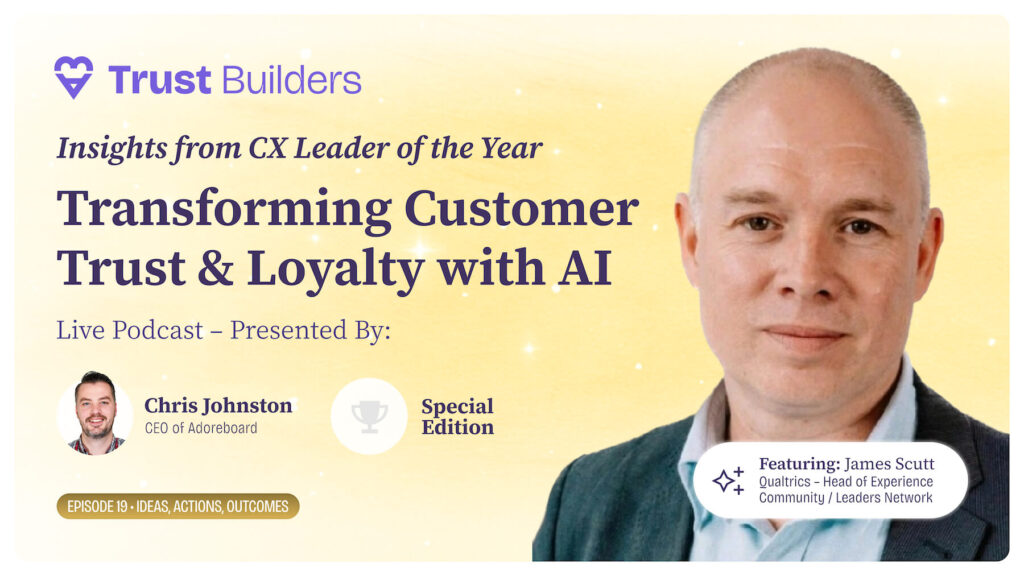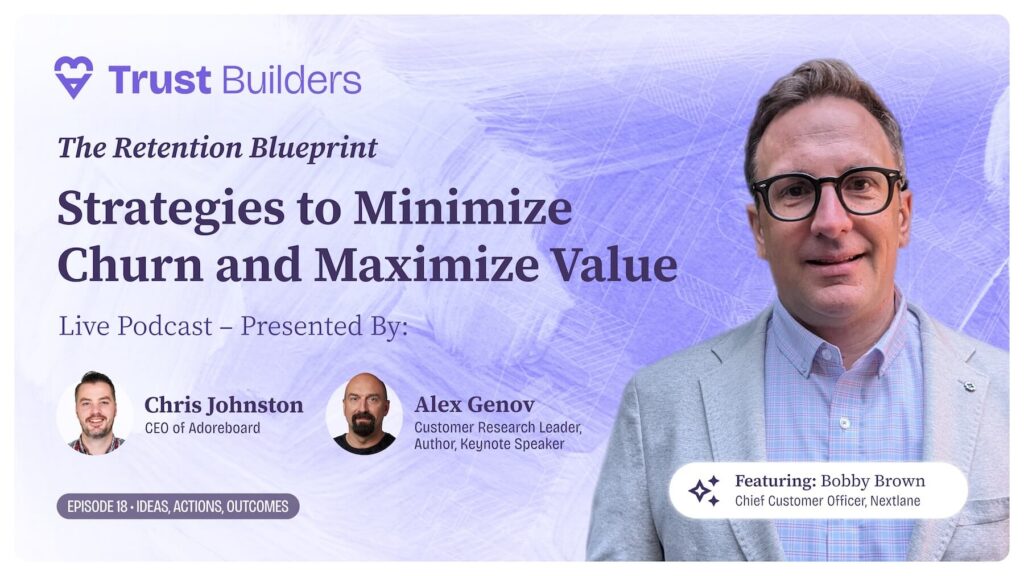It’s that time of the year again, everyone is talking about the latest Christmas ads – which ones are their favourites and which ones do they love to hate. It’s also the time of year, we at Adoreboard, look at how the Christmas ads have been received and what emotions they are instilling in people – the good, bad and ugly.
We analysed 30 of the most talked about UK Christmas ads this year. Customer commentary from various social channels and forums was analysed through our Emotics engine to extract key themes and emotions driven from each ad.
Boots’ offering evoked the most joy with 74/100 on the Joy Index. We can also see from people’s joyful responses that Very’s ad (71/100 Joy Index) has performed marginally better than the perceived overpriced copycat ad that John Lewis (69/100 Joy Index) released.
Boots see success as its ad has captured a common mother-daughter relationship appealing to many mothers and daughters watching. However, it has been criticised for being insensitive to those without mothers or with more negative mother-daughter experiences.
Very’s ad sends out a subtle STEM message featuring a little girl who dreams for and achieves a future in the aerospace industry. The main message is that the right gift at Christmas can have a significant influence on someone’s life. The ad gained praise for their portrayal of a young girl growing into a strong woman as well as the diversity included in this ad driving high levels or trust and joy to the brand. Some sadness was driven by criticism for advertising a product they don’t sell (astronaut helmets) and complaints that the ad’s November release was too early for some.
John Lewis’s ad is always highly anticipated and has received praise from the public for demonstrating how one gift can be life-changing much like Very’s. High levels of disgust were driven by mentions of similarity to Very’s offering and others branding it as more of an advertisement for Elton John rather than John Lewis. Another criticism of the ad was the fact John Lewis do not sell pianos even though it is featured in the ad.
https://www.youtube.com/watch?v=mNbSgMEZ_Tw
When we look deeper into the analysis, a recurring theme across the datasets was mentions of palm oil, referring to the controversially banned Iceland ad. People took to social media to shame other retailers, supermarkets, in particular, to follow Iceland’s lead and ban the use of palm oil in their products. This highlights the impact the Iceland ad achieved by only being promoted online.
The Iceland ad drove high levels of Joy with a score of 63/100 on the Joy Index with mentions consisting of high praise for Iceland’s humanitarian efforts. However, the Iceland ad evoked high levels of sadness and anger with a score of 37/100 on the Sadness Index and 33/100 on the Anger Index. These negative emotions are driven by the emotional nature of the ads which highlights the impact of palm oil production on animal welfare. The ad features a baby Orangutan telling the story of his destroyed home and murdered loved ones. The ad was banned for being too political and this lead to anger from passionate welfare advocates disagreeing with the decision. All in all Iceland’s ad has proven successful for the brand as they have started an important conversation and raised awareness of the deforestation that palm oil causes, leading to strong brand advocates.
While McDonald’s #ReindeerReady ad has proven popular, the hashtag has been hijacked by animal rights activists who accuse McDonald’s of poor treatment of the chickens in their products driving anger to the brand. Maybe it’s time McDonald’s address their practices to match up to the animal positivity message their Christmas ad sends out.
Aldi’s #SaveKevin advert was received with mixed reviews with the cliff-hanger ending which sees protagonist Kevin the Carrot hanging off a cliff. Joy was driven by people supporting Kevin and hoping for a coca cola collaboration due to similarities between Kevin’s festive truck and the famous Coca-Cola lorry. The overall score was brought down by negative emotions such as anger and disgust driven by parents claiming the ad was upsetting their children.
https://www.youtube.com/watch?v=GbfB5P6cswA
Similarly, Advertising Standards received complaints about the Sainsbury’s ad regarding #plugboy (a little boy dressed as a plug, jumps into the socket during his school play) promoting a health and safety issue as it draws attention to electrical sockets for younger viewers. However, a popular retweet in support of #plugboy, called out those parents who had complained stating that if they had young children they should have socket protectors.
Sainsbury’s #plugboy has proven to be humourous as well as Lidl’s response to the John Lewis Ad and Coca-Cola’s response to Aldi’s #SaveKevin ad with repetition in tweets about each of these themes.
Just because you don’t have £872 to spend on a piano, doesn’t mean you can’t be the next Elton. #EltonJohnLewis pic.twitter.com/TakObmWfqr
— @LidlGB (@LidlGB) November 15, 2018
We are ready if you need us, Kevin #SaveKevin #Holidaysarecoming 🎅 🥕🚚 pic.twitter.com/6HtTC46XWS
— Coca-Cola GB (@CocaCola_GB) November 2, 2018
Topping the Disgust Index, KFC (38/100) and Amazon (38/100). KFC’s ad featuring a chicken versus a Turkey duel with the message that “chicken is here to stay” drove high anger amongst animal welfare activists and vegetarians due to showing a live chicken which is most likely going to end up in a KFC Bargain Bucket. Then there’s Amazon, with people finding their singing boxes annoying, creepy and stalker-like. However, Amazon’s choice of song has received praise and driven slightly more joy to the brand.
This years’ Christmas ad campaigns have sparked many debates as well as revealing interesting insights through our analysis at Adoreboard that could have been overlooked by other customer analytical metrics. We have been able to see exactly what emotions are being surfaced by these ads and what the key themes are driving these emotions, which in turn can be used by brands to pivot their message when engaging with consumers – especially at Christmas!
If you would like to learn more about this analysis or see how you can apply emotion analysis to your brand, please contact us here.




